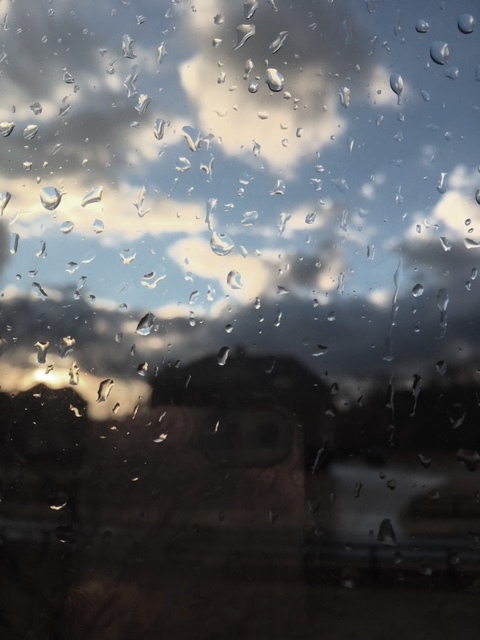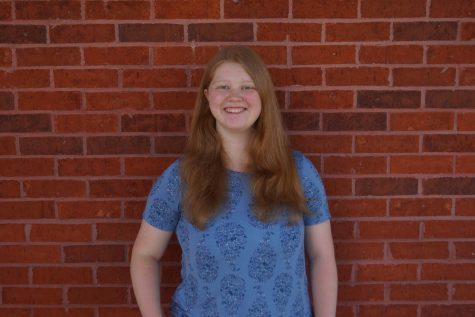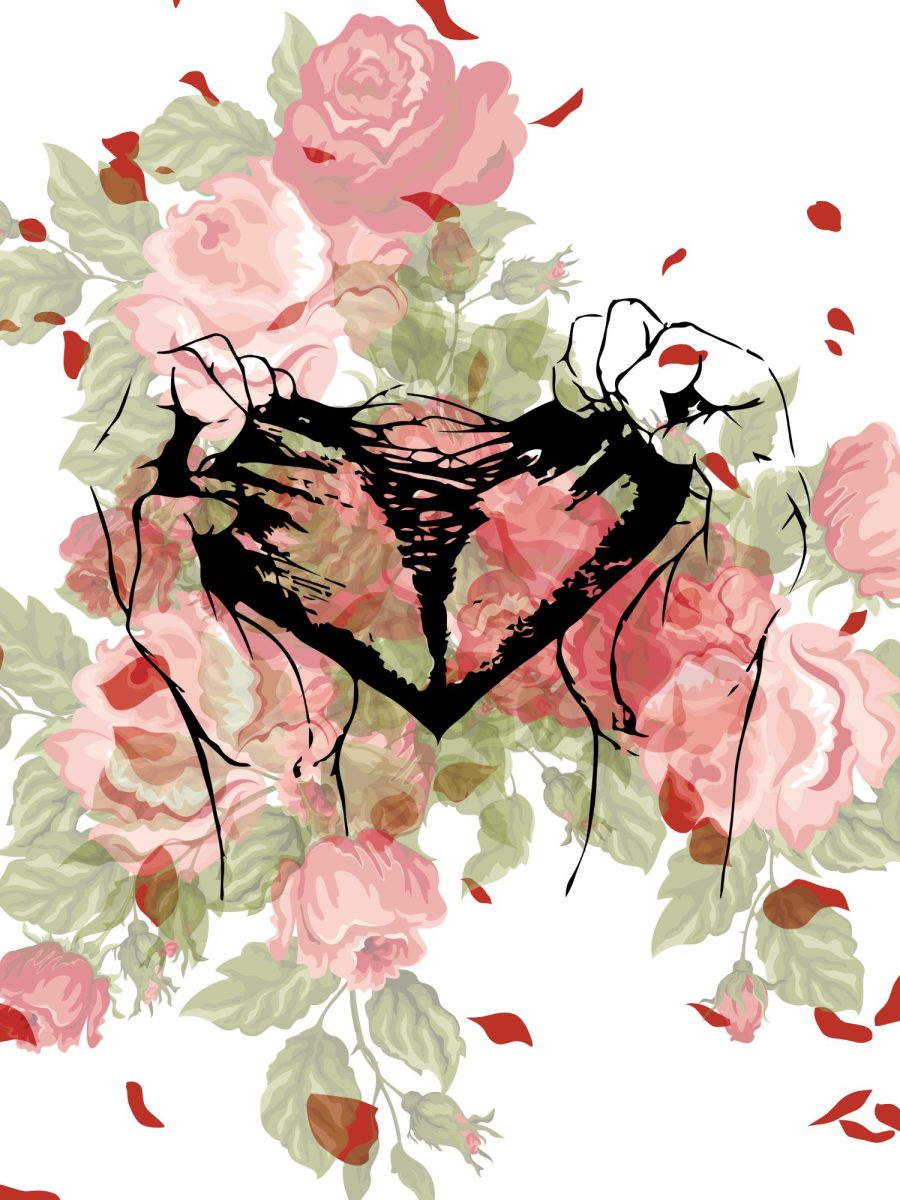Ode to Despondency
The sun’s descent beneath the clustered buildings of Paris gave confidence to all night’s shadows, which huddled amongst the tattered scraps of paper and piled dust on the streets. Amongst them, a man contemplates life and its overwhelming consequences.
May 19, 2017
The sun’s descent beneath the clustered buildings of Paris gave confidence to all night’s shadows, even the most fickle in spirit, and they drew to huddle amongst the tattered scraps of paper and piled dust on the streets. Huddled, too, against the back of a young man, barely upon the age of eight-and-ten, whose hunched shoulders in an air chilled not by temperature but rather by dulled and morose thoughts spoke to the miserable affair of life for the weary and worthless.
He walked in torn cloak and shaken expression—both, as it would happen, lent as much from poverty as from the tragedy befallen him. His gait was stiff and shaking, his manner obscure, his breath hot and ragged in his throat, to mimic the desperate beat of his heart and the worried shifting in his eyes. Upon seeing such a figure, worn by his own frightful reality, the darkness—usually so aloof in nature—hugged ever tighter to the man’s side.
His destination—a small tavern as decrepit as himself, but whose taps remained open, if mostly vacant. Often, they remained open even when no opportunity for further exchange—of silver, of a piece or two in coinage, of a small loaf of bread or a scrap of ornate cloth—remained, and even then the tavern’s doors stayed unlocked and its lanterns burning, out of hope for some more affluent customer in an ever-expanding sea of the wretched and penniless.
The door groaned beneath his shaking palm. He stepped into the tavern and glanced furtively about him, as if expecting some monstrous beast to pin him at any moment to the wall on either side. A few scattered individuals—stony faces, tight lips, sitting as far from one another as possible—pressed near-empty glasses to their chests in a greedy manner almost discreet enough to be left unnoticed.
“Good day, man! Or night, as it were,” a gruff voice greeted, followed by the uncomfortable clearing of a throat and several resounding snuffs.
The young man, being newly acquainted to attention perhaps, after many years being ignored, shifted his weight form one tattered leg to the other, and remained silent. He stared at the bartender with something of an awestruck countenance, and standoff to silence ensued.
The barkeep coughed.
“Right, well, as you were,” he nodded to a young woman, his wife of two years, as she raised her eyebrows in response to the visitor’s silence. The woman frowned and resumed her knitting.
“What do ya drink, friend?”
“Whatever you ‘ave, I’m sure.”
The quiet voice seemed to surprise them both in its quiet, assured resonance.
The young man slunk, as only such beings can, to a table near the furthest corner of the establishment, on which a single candle flickered nobly in a futile attempt to provide more adequate light. With a shudder, the chair settled beneath its acquired burden, though scraping with much protest against the wooden floorboards as it was pushed a bit nearer the aforementioned table. The young man passed a hand over his jaw in a subconscious effort to ease the throbbing pain from which bone it emanated.
A drink was brought to him—though of what he could not have said—he only yanked the glass haphazardly to his lips and took a long pull, a man’s thirst being vanquished after years in a desert (for water or for blood, though is yet unsure). As the bitter taste, diluted slightly with poverty, sputtered downwards, grasping along his throat, he turned to gaze mournfully at his reflection in a dingy window. He frowned critically at what he saw: the sallow cheeks, the dark cobalt eyes, one of which was ringed with the forming of a young bruise, the scruffy hair and the outstretched ears. He looked and loathed, that image which he hesitated to recognize, even to the extent of shunning it whenever possible. It was hardly impossible to avoid now, but still he looked.
Then, his mood was altered from its general self-hate. It was much darker, more refined: a mood which did not manage to despise solely himself, but also a much broader reality. Of memories which haunted him, both recent and long-past. Of drinks which were yet unknown to him, but which wouldn’t long be stranger to his lips.
With a mug clenched in his hand, he hated the world more resolutely than he ever had.
“There is nothing decent to me, not a single affirming quality to which I might have leaned on to support me through grey sorrow. It is my way—but my way! Confound me—a life in ruin; but then ruin might speak to the possibility of being rebuilt, of having restored hope, which I have none. A loss! A life! Mine—but it always was; I have failed to make for myself anything but an enemy, in sleep deprived, in overworked, though not for my own gain. Blast that Stryver! It’s him to blame—and the other boys, too—but him assuredly! A beast, a lion! Wretched, wretched,— oh wretched!”
He broke off in a sob, flinging his head wildly into crossed arms and shaking within them, shameless for the shame he already bore. His jaw continued to throb with the bruises wrought by an angered lion’s fists and with the memory of past fists, much harsher and stronger, of a man he might have called “father.”
“I may as well get drunk and die here. Oh, pitiful me! Woe to Sydney, whom life has struck a foul blow. Woe to awakening! Why can’t I just die?”
But Sydney Carton knew the answer already. As much as he was unable to stand up to a lion and refuse to do the beast’s schoolwork for him, as much as he was subservient and pitiable, as much as he was a wallowing wretch, a jackal, a failure—as much as any of those things, he was a coward, who slunk in the daylight and hid from responsibility. Cowards like him were too unfortunate to die an early death; their punishment was life.




